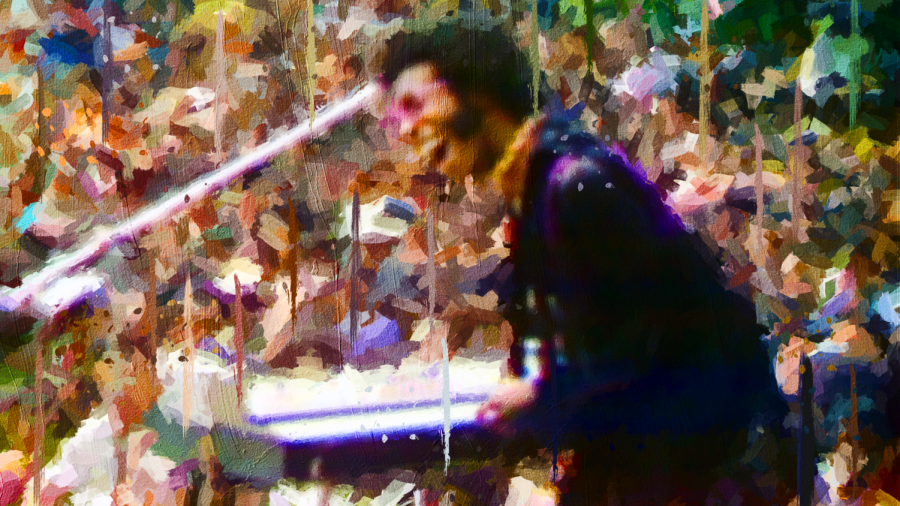Review: ‘Summer of Soul’
A multifaceted documentary that speaks to the celebration of Black culture
February 15, 2022
The year is 1969. July 24, 1969, to be exact. Neil Armstrong has landed on the moon, the Manson family is soon to enact their bloody rampage and it is the summer of Woodstock. Though, on this day, a seminal event is soon to occur under the blistering sun in Harlem. The event will come to be known as the Harlem Cultural Festival and will attract over 300,000 attendees. Afterward, though, much of the momentous performances and records will be swept under the rug; shoved into a basement for the next 50 years.
Ahmir “Questlove” Thompson –– drummer for The Roots, among other things –– debuted the film “Summer of Soul” in 2021. A timeless, multifaceted documentary that speaks to the celebration of Black unity, culture and music. The circumstances surrounding the footage from the festival is further investigated in the film, and brings to light the unfortunate silencing of Black voices; ones that quite literally united people who were otherwise seen as lesser.
Music often holds the vital power of healing. Ordinary songs turn into anthems, those anthems are solidified in history. Projected on social movements or sung as a mode of unity and strength. A particularly poignant moment in the film finds Marilyn McCoo, one of the vocalists of The 5th Dimension, speaking on the power of performing in Harlem and that being accepted by the people there was potent.
In a podcast interview with NPR, Thompson spoke on the fact that much of the press coverage of the festival was nonexistent. He spoke of a hard time believing there were no photographs of the festival. Later in the interview, Thompson notes the presence of Black erasure and “how easily dismissable this event was.” Thompson and his team wanted to hold onto the importance of Black joy. This is felt in the film, as much of the footage remains unchanged in the edit. No alterations to the picture. The joy and unity is shown in the smiling faces of people of all ages.
Alongside the music, cultural shifts were also occurring. America was ending a tumultuous decade, soon to transition to the 1970s. Charlayne Hunter-Gault, a now historic journalist, was shown in the film. Hunter-Gault was working at the New York Times and would be a leading figure in the changing of the perception around the terms of Black identity. Her work in chronicling the festival has garnered her the recognition she wholly deserves.
“Summer of Soul” will stand as a convergence of all different types of music, personas and power. The film’s soundtrack is incredible, as are the lasting memories of the people who played there and those who felt at home with one another.
Runtime: 117 minutes
This film is available on most streaming platforms.








